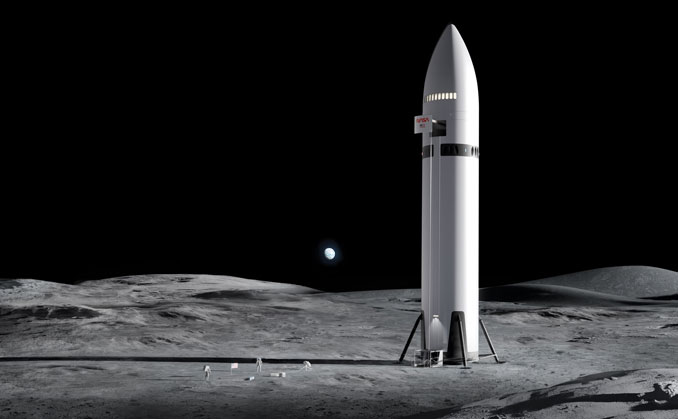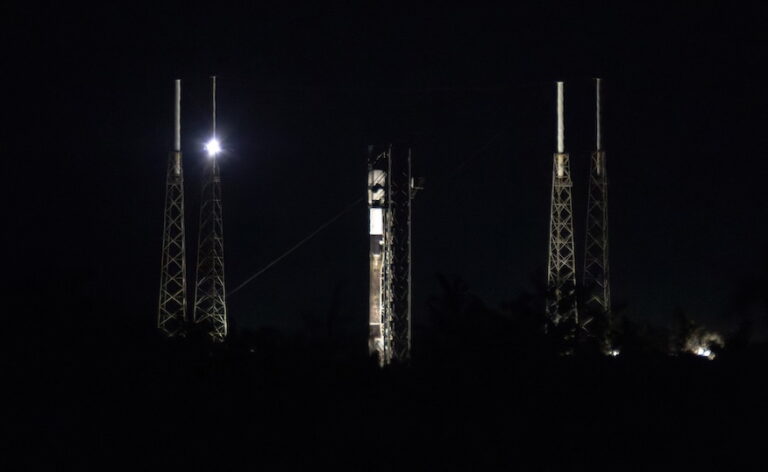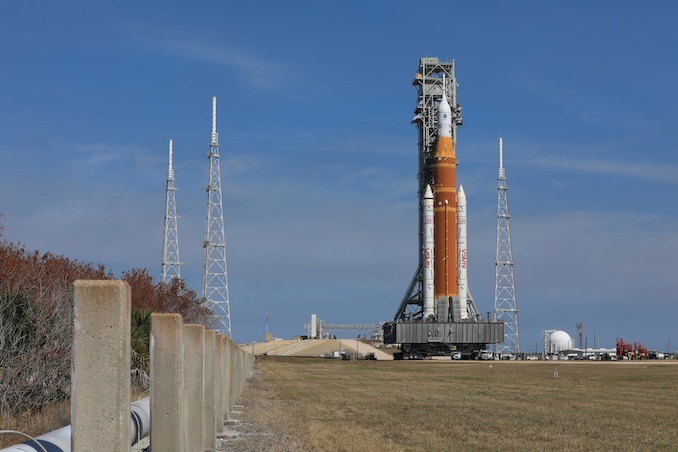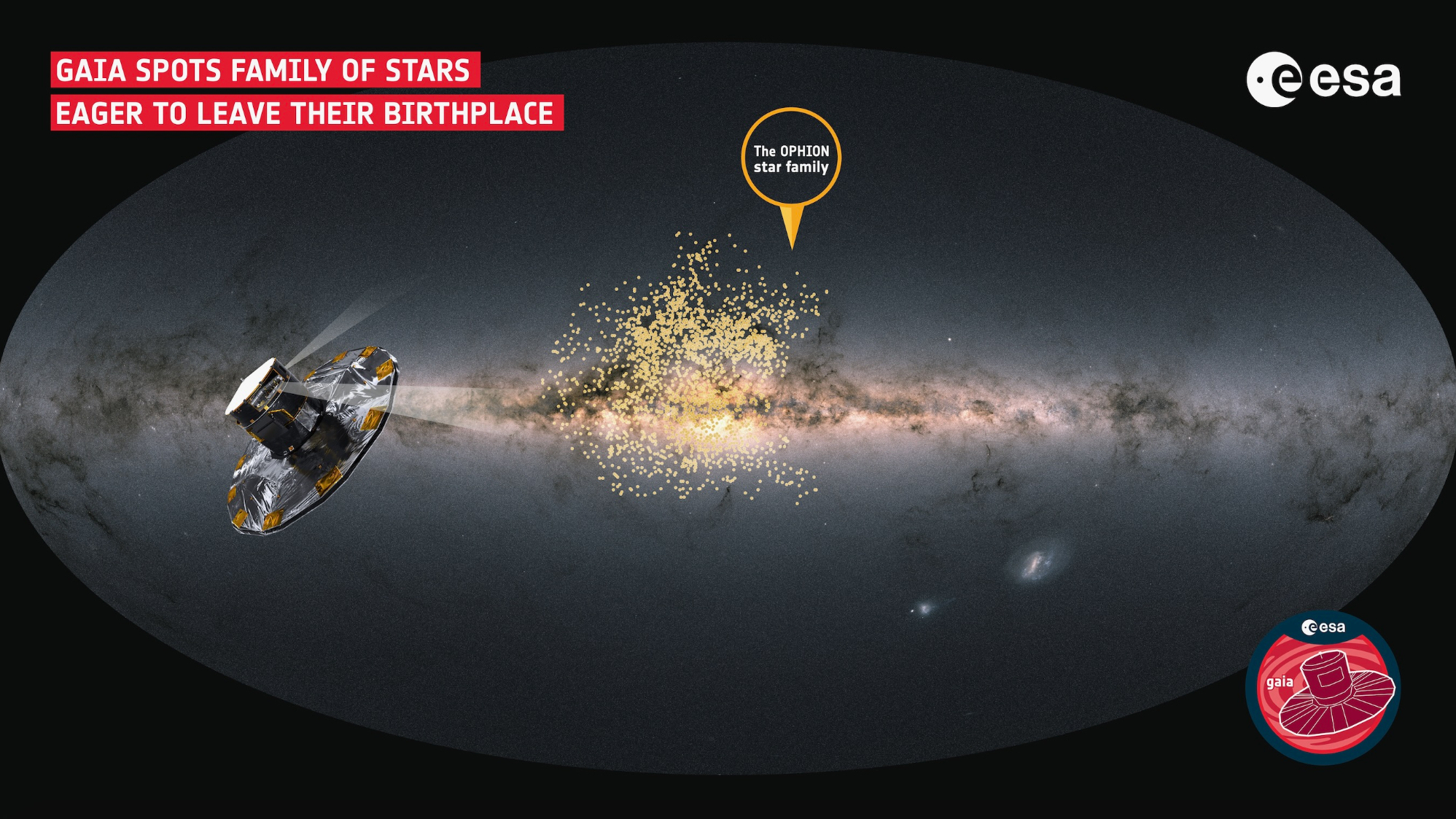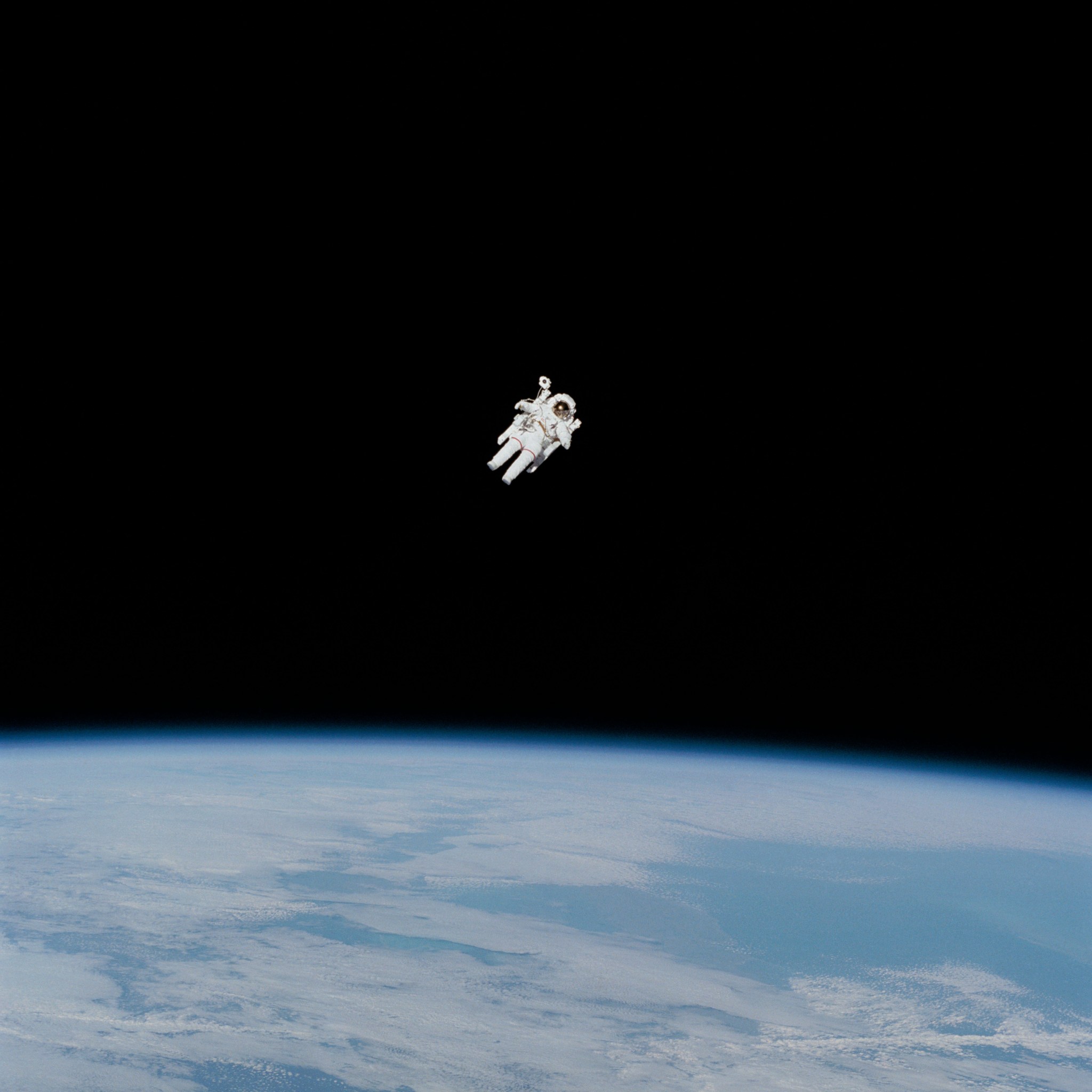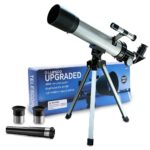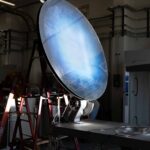Now Reading: U.S. Senate Commerce Committee advances Isaacman’s nomination for NASA administrator to full Senate
-
01
U.S. Senate Commerce Committee advances Isaacman’s nomination for NASA administrator to full Senate
U.S. Senate Commerce Committee advances Isaacman’s nomination for NASA administrator to full Senate
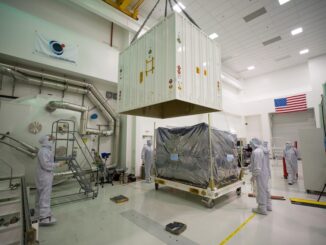
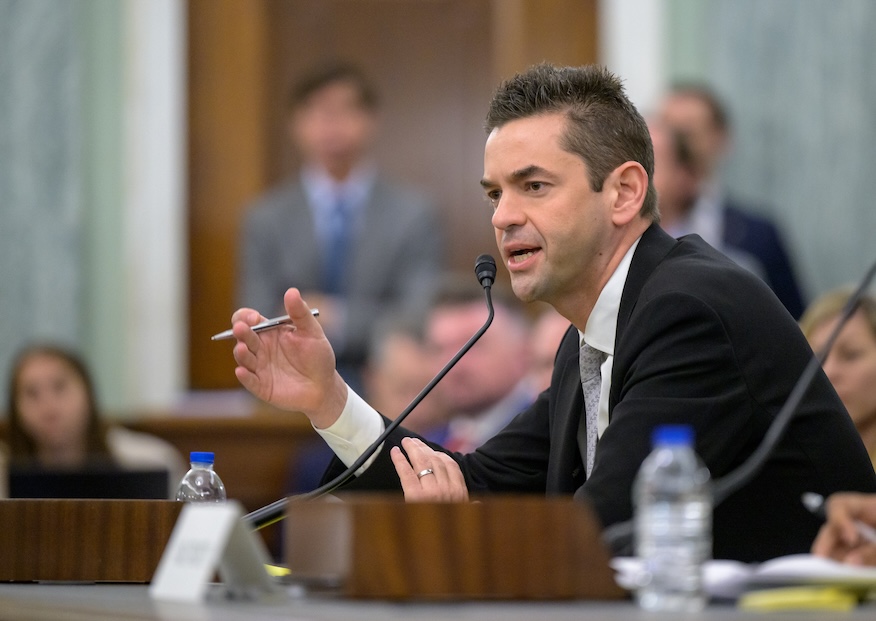
President Donald Trump’s pick to lead NASA in his second term is one step closer to becoming the agency’s 15th administrator.
On Wednesday, by a vote of 19-9, the U.S. Senate Commerce Committee chose to advance the nomination of Jared Isaacman to the full Senate. That vote will come at a later date, which has not yet been scheduled.
Committee Chairman Sen. Ted Cruz (R-TX) opened the hearing by voicing his intent to support Isaacman’s nomination to move out of committee, urging him to keep the agency focused on crewed lunar exploration.
“As we heard at his nominating hearing earlier this month, quote ‘NASA was built to do the near impossible.’ I agree, but NASA’s plans for space must remain grounded in reality and align with our strategic interests,” Cruz said. “Existing law directs NASA to establish a, quote, ‘sustained human presence in cislunar space or on the Moon.’ Federal law explicitly calls the Moon, quote, ‘a stepping stone’ to reaching Mars.
“In other words, our path to predominance in space, begins with the Artemis missions.”
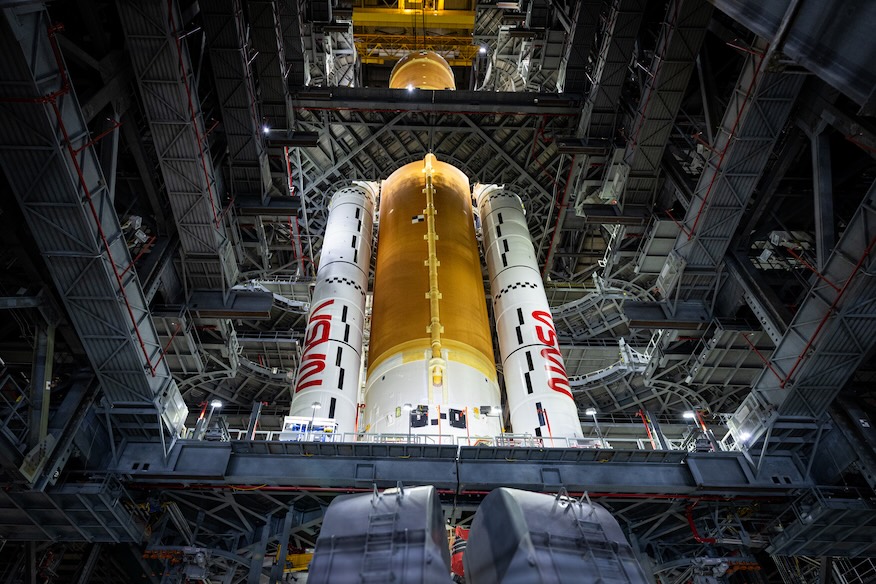
During his confirmation hearing earlier this month, Isaacman faced a number of questions regarding his support of the current Artemis program architecture, using NASA’s Space Launch System rocket and Orion spacecraft as the method that the agency’s astronauts will use to get to and from cislunar space.
Following his verbal response, Isaacman also answered a series of written questions to Democrats and Republicans as well. In his list of questions, Cruz asked about Isaacman’s long-term vision for transporting crew to and from the Moon and eventually Mars.
Isaacman said that the use of NASA’s rocket isn’t the best solution in the future.
“As I stated during the hearing, SLS is the current plan and the fastest way to send American astronauts back to the Moon ahead of our geopolitical rivals. And this is a race we can’t risk losing,” Isaacman wrote. “But once our initial lunar objectives have been met, I believe NASA should transition from competing with industry and focus again on what no other agency or organization is capable of accomplishing.”
Isaacman didn’t specify what constituted NASA’s “initial lunar objectives,” but went on to state his support for the commercial launch market’s ability to provide heavy-lift capabilities.
“NASA should take advantage of that competition and eventually refocus its world-class talent and infrastructure on what no one else is doing: developing the next generation of exploration technologies,” he wrote. “That includes nuclear-powered spacecraft, which I believe represent the logical next step for long-duration, deep space missions beyond Mars.”
Isaacman also earned the support of Ranking Member Sen. Maria Cantwell (D-WA) who also cited his support was tied to the goals of the Artemis program as “the key requirement that we have to have in this position.”
“While it’s not clear to me where the Trump Administration will ultimately end up on the NASA budget, and I have concerns about some of their proposed cuts today, Mr. Isaacman seems to be committed to the current plan for both lander redundancies, Space Launch Systems and returning to the Moon as fast as possible,” Cantwell said.
“I think this is a very big competitive issue for the United States of America. That competitiveness is not just a goal, it’s a reality that some day we may wake up and find ourselves falling behind. So today, I will support his nomination and hope that we will continue to get leadership out of the administration on clarification on supporting a robust NASA budget.”
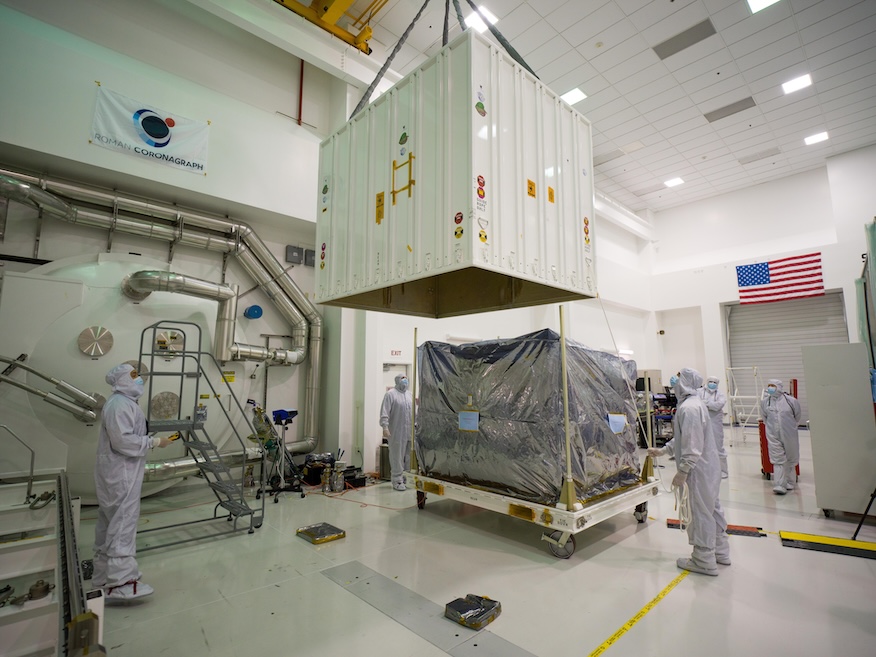
The agency is facing potentially steep cuts of 47 percent to its science program. In a recent podcast appearance, Casey Dreier, the Chief of Space Policy for The Planetary Society, a nonpartisan non-profit organization, described the cuts as generationally detrimental.
“This is not a budget that is in a sense focused on efficiency in that sense, and this is not a budget that screams good, smart management. This is a budget of destruction and retrenchment,” Dreier said. “It would fundamentally alter the United States’ relationship to space science, and it would fundamentally present a far smaller vestigial version of itself than we’re used to seeing in our lifetimes.”
In response to Cantwell’s written question about the nearly 50 percent reduction to NASA’s science budget, Isaacman said that while he hasn’t reviewed or been party to official discussions, this move “does not appear to be an optimal outcome.”
“As I stated during the hearing, NASA requires the best and brightest talent from across the nation to accomplish what no other agency or organization can—especially in environments that demand doing more with less,” Isaacman wrote. “I support the President’s commitment to eliminating fraud, waste, abuse, and unnecessary bureaucracy that can hinder the agency’s mission. If confirmed, I will advocate for NASA’s priorities and the resources needed to pursue them as efficiently and effectively as possible.”
When called for a vote, nine Democratic senators on the committee voted against advancing Isaacman’s nomination with four joining all the Republican senators in the affirmative. None of the senators who voted against advancing his nomination chose to spoke during the hearing before casting their vote.
Stay Informed With the Latest & Most Important News
Previous Post
Next Post
-
 01Two Black Holes Observed Circling Each Other for the First Time
01Two Black Holes Observed Circling Each Other for the First Time -
 02From Polymerization-Enabled Folding and Assembly to Chemical Evolution: Key Processes for Emergence of Functional Polymers in the Origin of Life
02From Polymerization-Enabled Folding and Assembly to Chemical Evolution: Key Processes for Emergence of Functional Polymers in the Origin of Life -
 03Astronomy 101: From the Sun and Moon to Wormholes and Warp Drive, Key Theories, Discoveries, and Facts about the Universe (The Adams 101 Series)
03Astronomy 101: From the Sun and Moon to Wormholes and Warp Drive, Key Theories, Discoveries, and Facts about the Universe (The Adams 101 Series) -
 04True Anomaly hires former York Space executive as chief operating officer
04True Anomaly hires former York Space executive as chief operating officer -
 05Φsat-2 begins science phase for AI Earth images
05Φsat-2 begins science phase for AI Earth images -
 06Hurricane forecasters are losing 3 key satellites ahead of peak storm season − a meteorologist explains why it matters
06Hurricane forecasters are losing 3 key satellites ahead of peak storm season − a meteorologist explains why it matters -
 07Binary star systems are complex astronomical objects − a new AI approach could pin down their properties quickly
07Binary star systems are complex astronomical objects − a new AI approach could pin down their properties quickly












